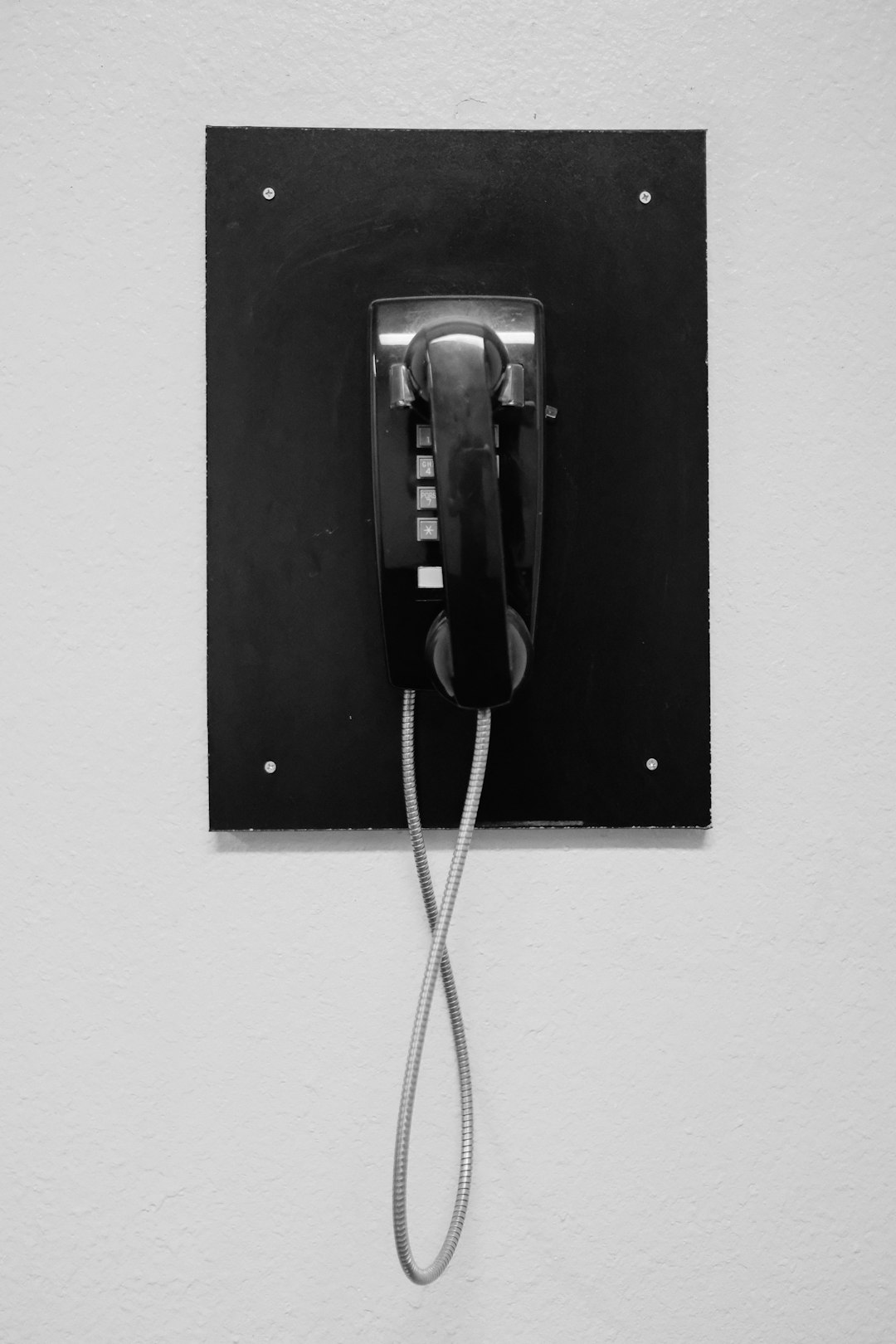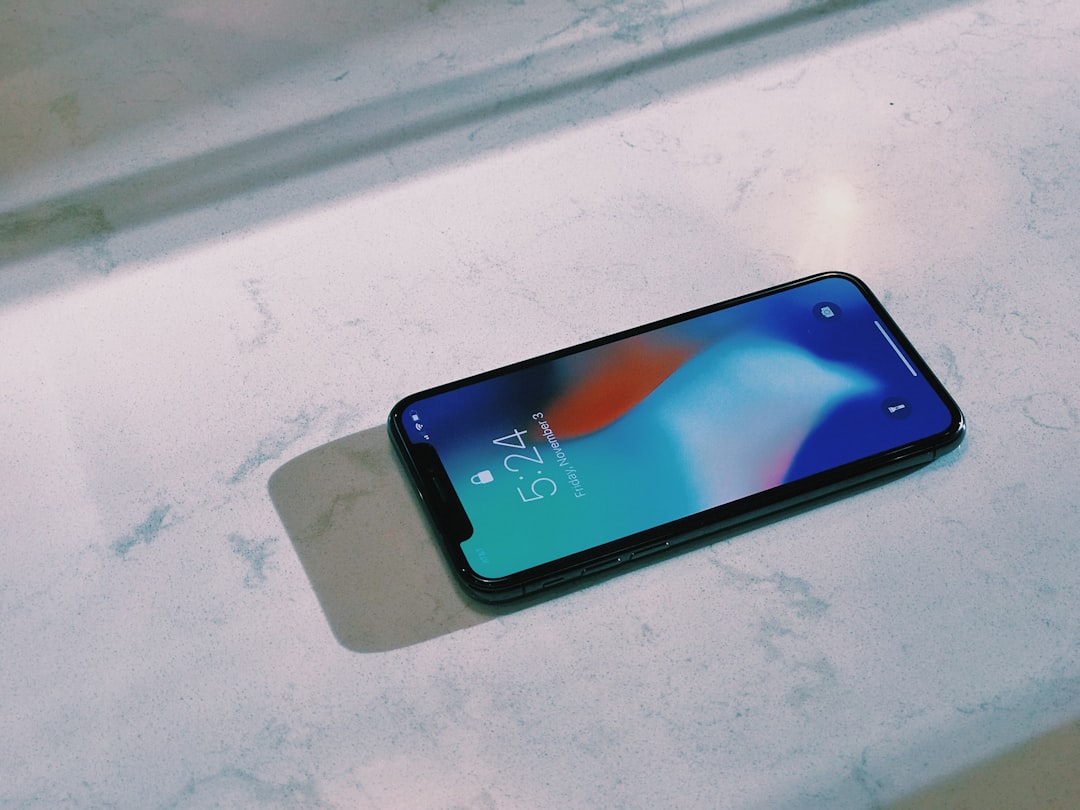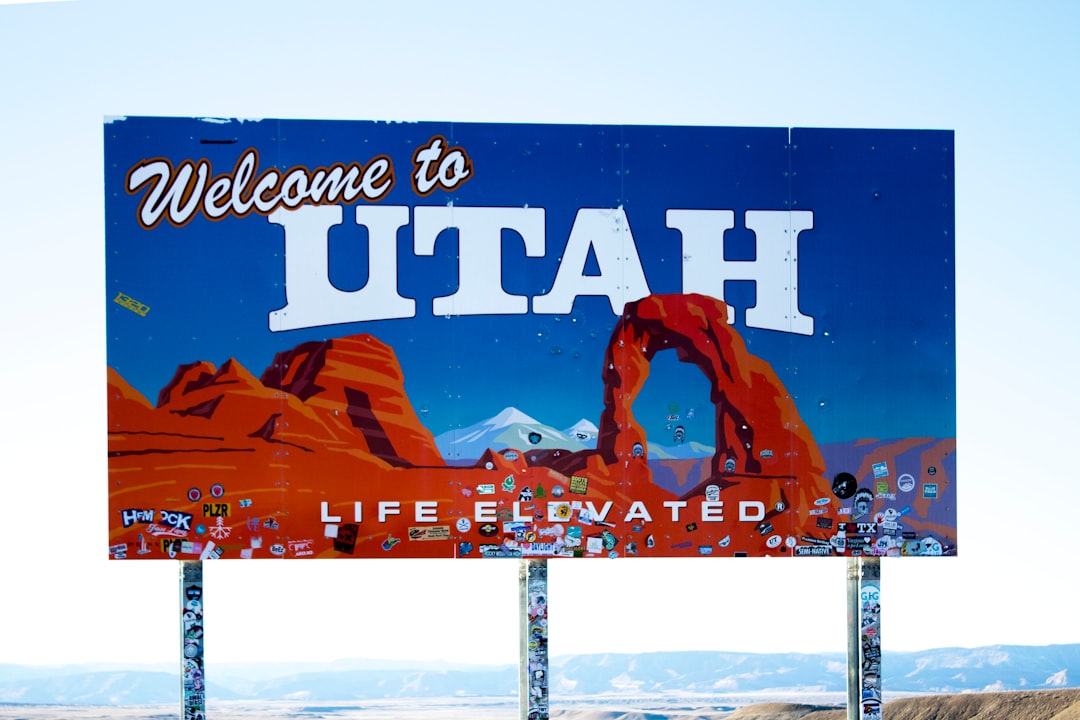For individuals in Utah facing TCPA lawsuits, securing specialized lawyer for TCPA Utah counsel is crucial. These experts navigate complex regulations, protect rights, and offer aggressive defense strategies against unwanted robocalls. With alarming levels of intrusive automated calls affecting daily lives, Utah residents are turning to legal means to reclaim peace of mind. A lawyer for TCPA Utah guides victims through compensation claims, documents evidence, and pursues substantial damages. Additionally, they provide guidance on blocking calls and stopping persistent violators.
In the digital age, robocalls have become a persistent and growing threat, particularly in Utah. These automated, unsolicited phone calls not only disrupt daily life but also pose significant privacy risks. This article explores the rise of robocalls within the state, focusing on the Telephone Consumer Protection Act (TCPA) and its implications. We delve into the impact these calls have on residents, the legal options available to victims, and practical steps to protect yourself from such invasions, emphasizing the role a lawyer specializing in TCPA Utah can play.
Understanding Robocalls and the TCPA

The Impact of Unwanted Calls in Utah

Unwanted robocalls have become a significant nuisance in Utah, with many residents receiving an overwhelming number of automated calls daily. These calls, often marketing or fraudulent in nature, disrupt daily life and can lead to significant stress and frustration for those affected. The sheer volume of robocalls has prompted Utahns to seek solutions, including consulting with a lawyer for TCPA Utah to understand their rights and take legal action against persistent violators.
The impact extends beyond mere annoyance; excessive robocalls can have financial consequences, as individuals may incur charges for answering or returning such calls. Moreover, they contribute to a sense of insecurity and vulnerability, especially when the calls involve threatening or misleading messages. With the relentless rise in robocall activity, Utah residents are increasingly turning to legal avenues to reclaim their peace of mind and protect themselves from these intrusive practices.
Legal Recourse for Victims of Robocalls

Victims of robocalls in Utah have legal recourse and protection under the Telephone Consumer Protection Act (TCPA). If you’ve received unwanted automated calls, text messages, or prerecorded marketing messages, you may be entitled to compensation. A lawyer for TCPA Utah can help navigate the legal complexities and guide you through the process of taking action against the offending companies.
The TCPA allows individuals to sue for damages if they’ve been victimized by robocalls. These lawsuits can result in monetary awards for each violation, which can be significant, especially when multiple people are affected. It’s crucial to document all robocalls, including dates, times, and any recorded messages, as this evidence can strengthen your case. A lawyer specializing in TCPA cases can help you understand your rights, gather evidence, and pursue the appropriate legal remedies.
Protecting Yourself from Robocall Invasions

Robocalls are a persistent and growing problem in Utah, with many residents finding themselves on the receiving end of unwanted automated calls daily. These calls can be from marketing companies, debt collectors, or even scammers, leaving many Utahns feeling invaded and frustrated. Thankfully, there are steps you can take to protect yourself from these intrusive robocalls.
One effective method is to register your number on the National Do Not Call Registry. This federal list helps prevent telemarketers from calling your number. Additionally, consider using call-blocking apps or tools provided by your phone service provider. Many modern smartphones also have built-in features to filter out unknown or unwanted calls. If you’re facing excessive robocalls or believe your rights under the Telephone Consumer Protection Act (TCPA) are being violated, consulting with a lawyer specializing in TCPA Utah can be beneficial. They can guide you on legal options and help stop these invasive calls from overwhelming your personal or business lines.






